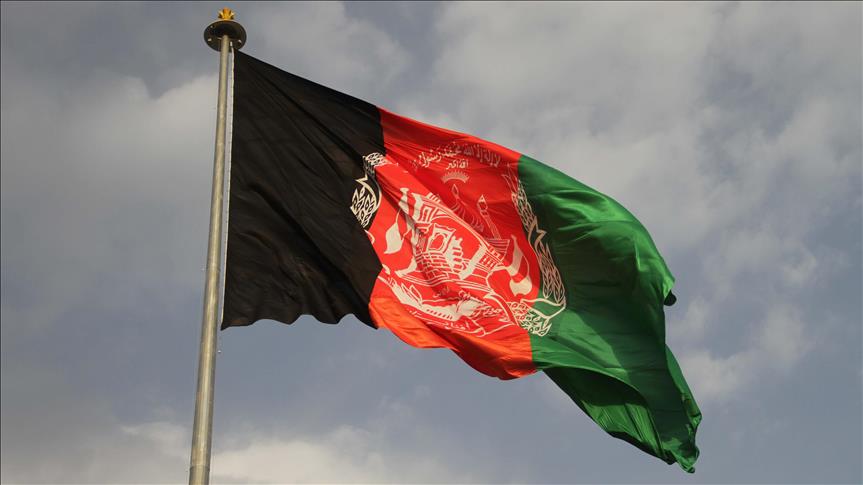Afghan presidential aide threatens war after dismissal
Based on agreement of National Unity Government, president has no right to dismiss me, says Ahmad Zia Massoud

By Shadi Khan Saif
KABUL, Afghanistan
President Mohammad Ashraf Ghani has sacked his top aide, who in turn warned the move may lead to another civil war in the country.
Ghani fired Ahmad Zia Massoud, the brother of legendary slain military commander Ahmad Shah Massoud, late Monday.
The president had made Massoud his top aide following the 2014 presidential elections, which were marred by irregularities and rigging claims.
On Tuesday, Massoud told a news conference in the capital Kabul that the president could not just sack him because he had joined the National Unity Government in a bid to avoid civil unrest in the country.
“Based on the agreement of the National Unity Government, the president has no right to dismiss me.
“The government formed (after the 2014 elections) was a compromise, so whoever is doing this is paving the way for instability, and God forbid, it can lead to civil war,” he said.
Massoud is also the vice president of the Jamiat-e-Islami Afghanistan party, which has enjoyed power since the fall of the Taliban.
During the presidential election campaign, Massoud had faced criticism from his political allies, including his brother Ahmad Wali Massoud who was in the opposite camp, for aligning himself with Ghani.
Top Afghan officials have so far not commented on the latest development.
According to a decree issued by the presidential palace, Massoud was dismissed from his post in line with Article 64 of the constitution. The reasons for his dismissal were not mentioned in the decree.
Shah Hussain
“The constitution is very clear about it, it grants the president the authority to appoint or dismiss officials, there is no ambiguity in this regard,”
Atiq-ur-Rahman, a Kabul-based analyst, told Anadolu Agency that the Afghan president first picked Massoud for his team to balance the ethnic mix, i.e. a Pashtun (Ghani) leading the team with an ethnic Uzbek (Vice President Gen. Abdul Rasheed Dostum) and an ethnic Hazara (Second Vice President Sarwar Danish) and Massoud as representatives of the Tajik ethnic group.
“Now Abdullah Abdullah [Tajik-Pashtun] is there at the top position in the unity government as the chief executive officer, so Ghani took the decision to consolidate his position,” he said.
Ghani’s friends and foes alike criticize him for consolidating power. The Afghan leader, a former World Bank adviser, is widely known for his extra-long work hours, going through literally each and every file, and even personally interviewing candidates for top posts.
Afghanistan has a bloody past when various armed factions turned their guns on each other in a struggle to take power after the fall of a pro-Soviet regime in the 1990s.
The relative peace since the fall of the Taliban in 2001 has given some





